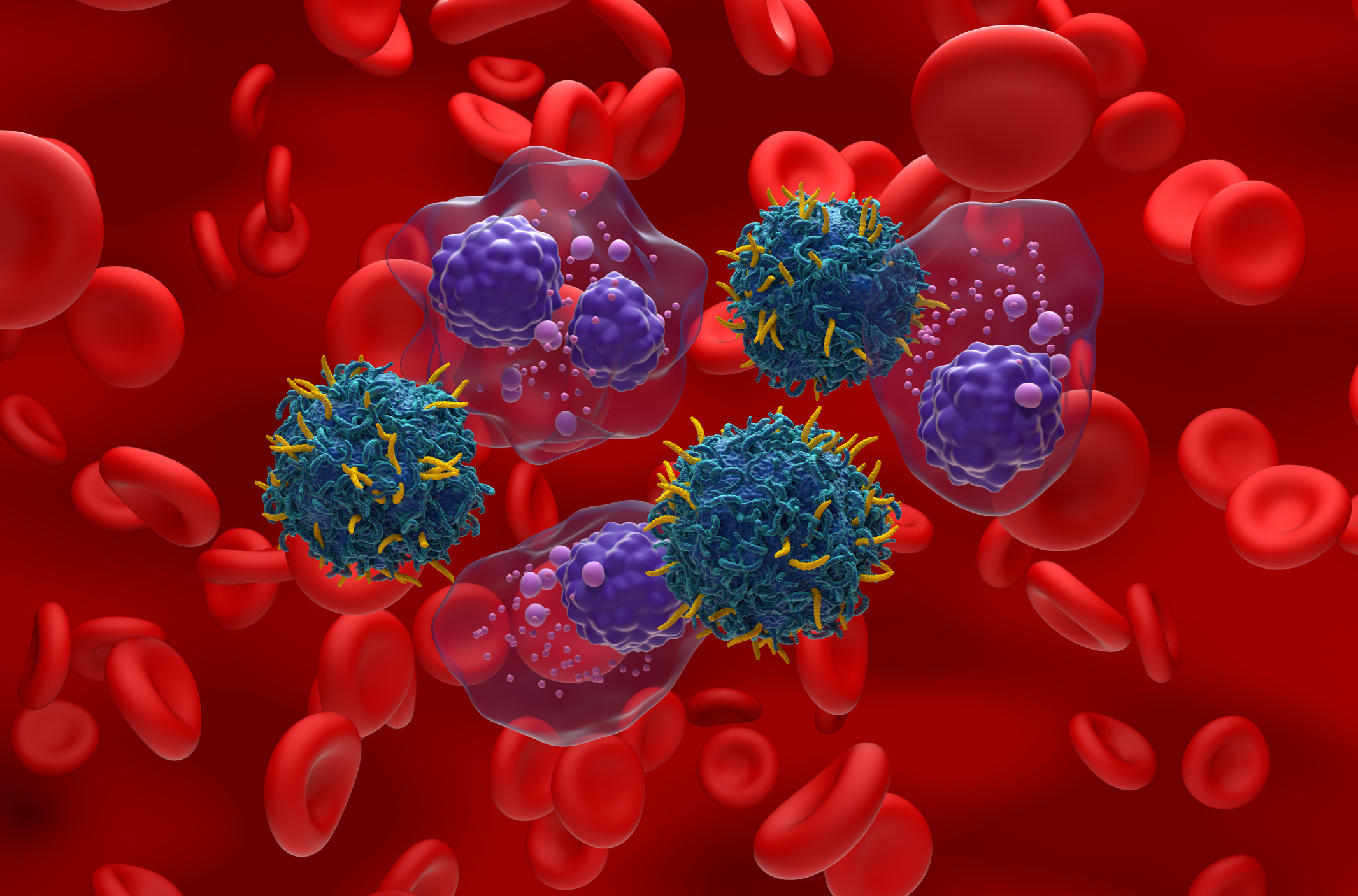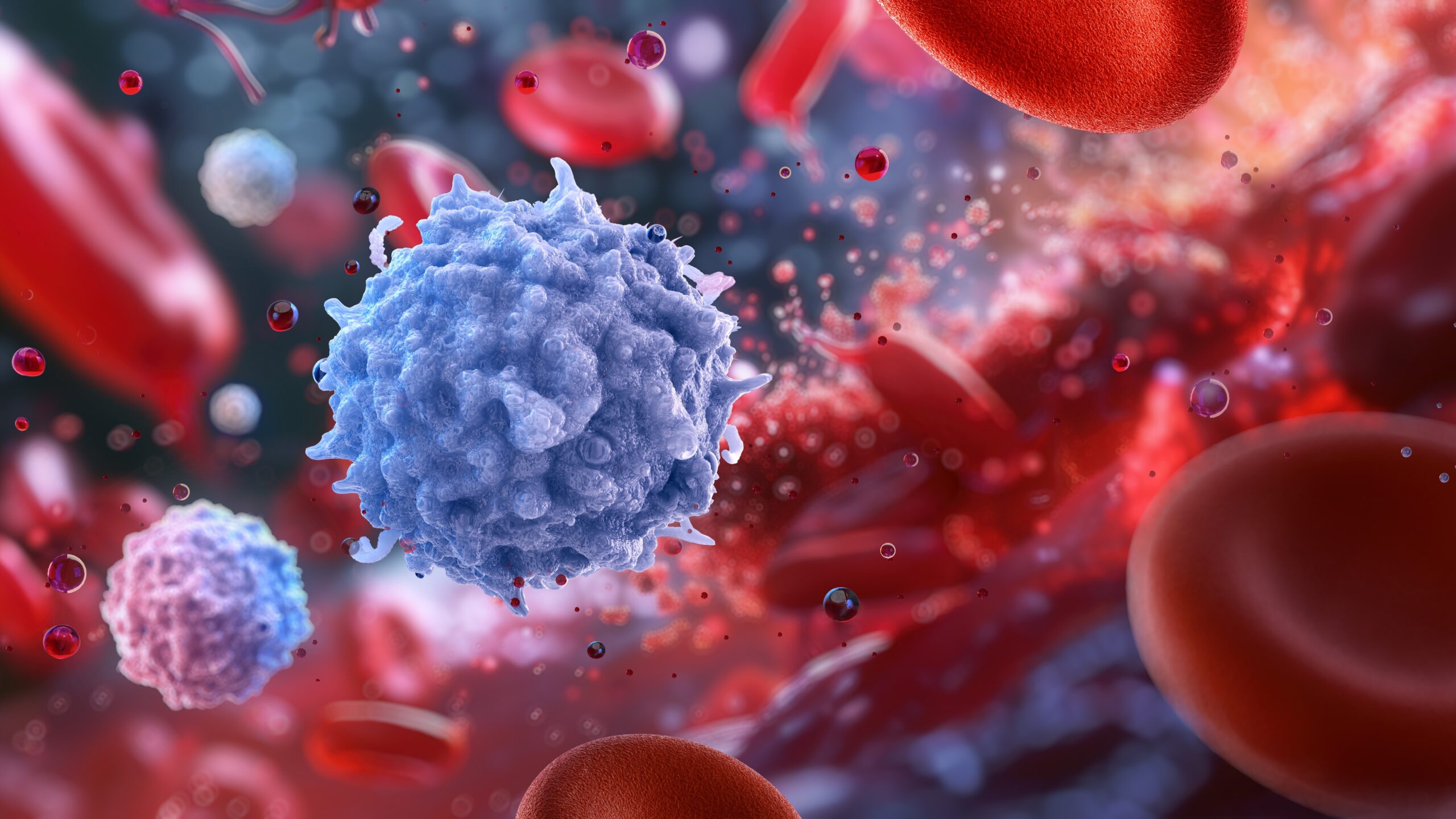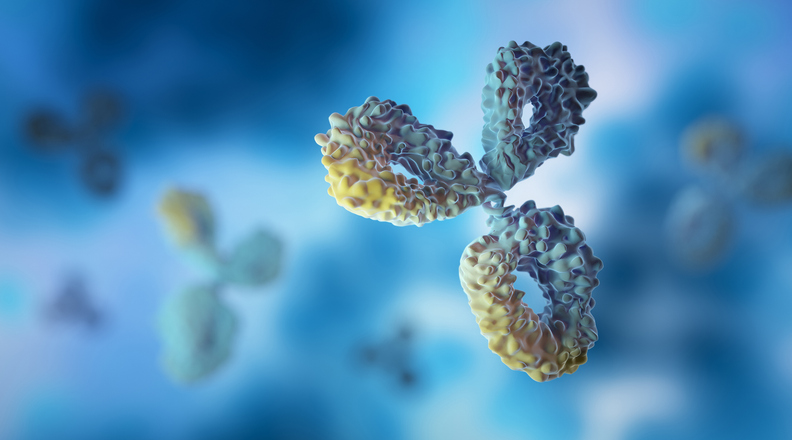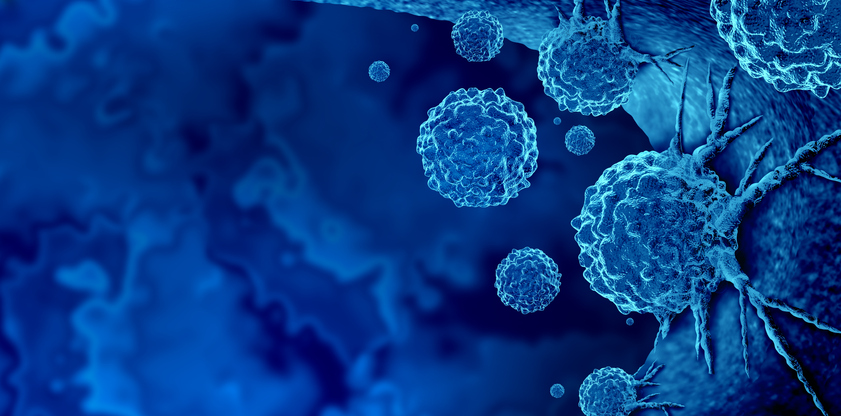Susan Bal, MD, on BMS-986393 Therapy for Relapsed or Refractory Multiple Myeloma
By Susan Bal, MD - Last Updated: December 12, 2023Susan Bal, MD, an Assistant Professor of Medicine at the University of Alabama at Birmingham, discussed the phase I portion of the BMS-986393 trial at the 65th American Society of Hematology Annual Meeting & Exposition.
As one of the myeloma clinical investigators, Dr. Bal studied BMS-986393, a GPRC5D-directed chimeric antigen receptor (CAR) T-cell therapy, for the treatment of relapsed or refractory multiple myeloma (MM). GPRC5D is an orphan receptor expressed on MM plasma cells, with very limited expression in normal tissue, according to Dr. Bal.
“We already know from approval and study of other GPRC5D-directed agents that GPRC5D is a promising therapeutic target for myeloma,” she said. “So, exploring this in the context of a CAR T-cell made a lot of sense.”
The study, which has been ongoing for two and a half years, included 84 patients with MM who had a median of four prior lines of therapy. The overall response rate was 88% for the entire cohort and 91% at the recommended phase II dose of 150 million CAR T-cells, with at least half of those patients achieving complete remission.
“Those are very impressive data in a very late-line, heavily treated population,” Dr. Bal said. “We are very excited by these results and these efficacy findings. We are excited about how this develops in this landscape of relapsed myeloma.”
As for safety findings, 76% of patients had any grade cytokine release syndrome (CRS). CRS was grade 3 or higher in about 3.6% of patients at the recommended phase II dose. “The safety profile is very good in terms of no patients having grade 3 or higher CRS and 89% having a grade 1 to 2 event,” Dr. Bal explained.






 © 2025 Mashup Media, LLC, a Formedics Property. All Rights Reserved.
© 2025 Mashup Media, LLC, a Formedics Property. All Rights Reserved.